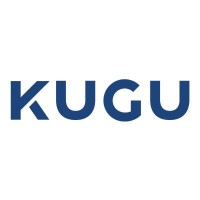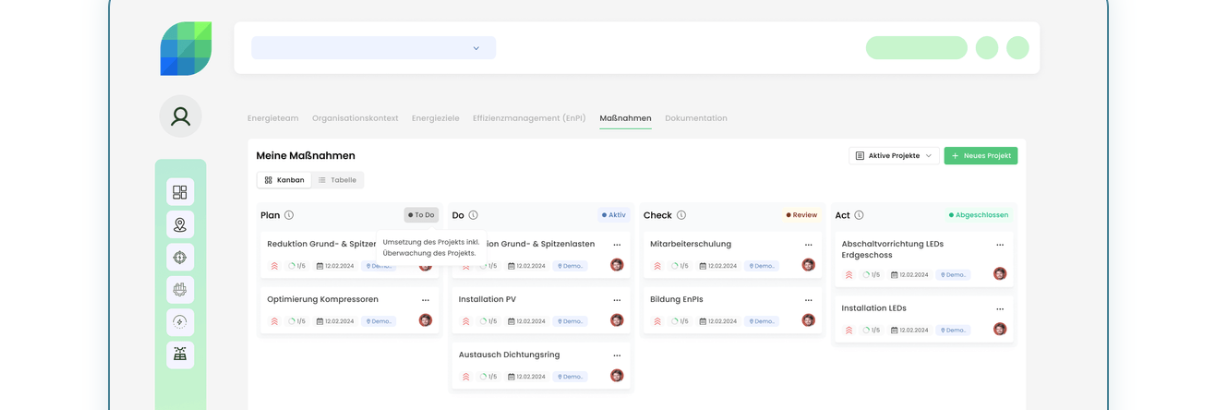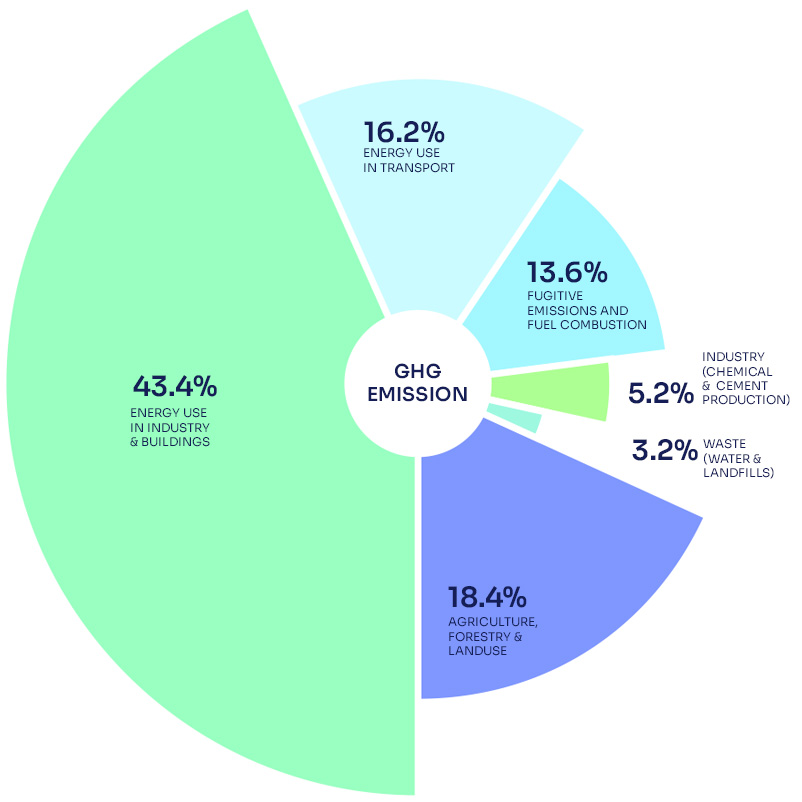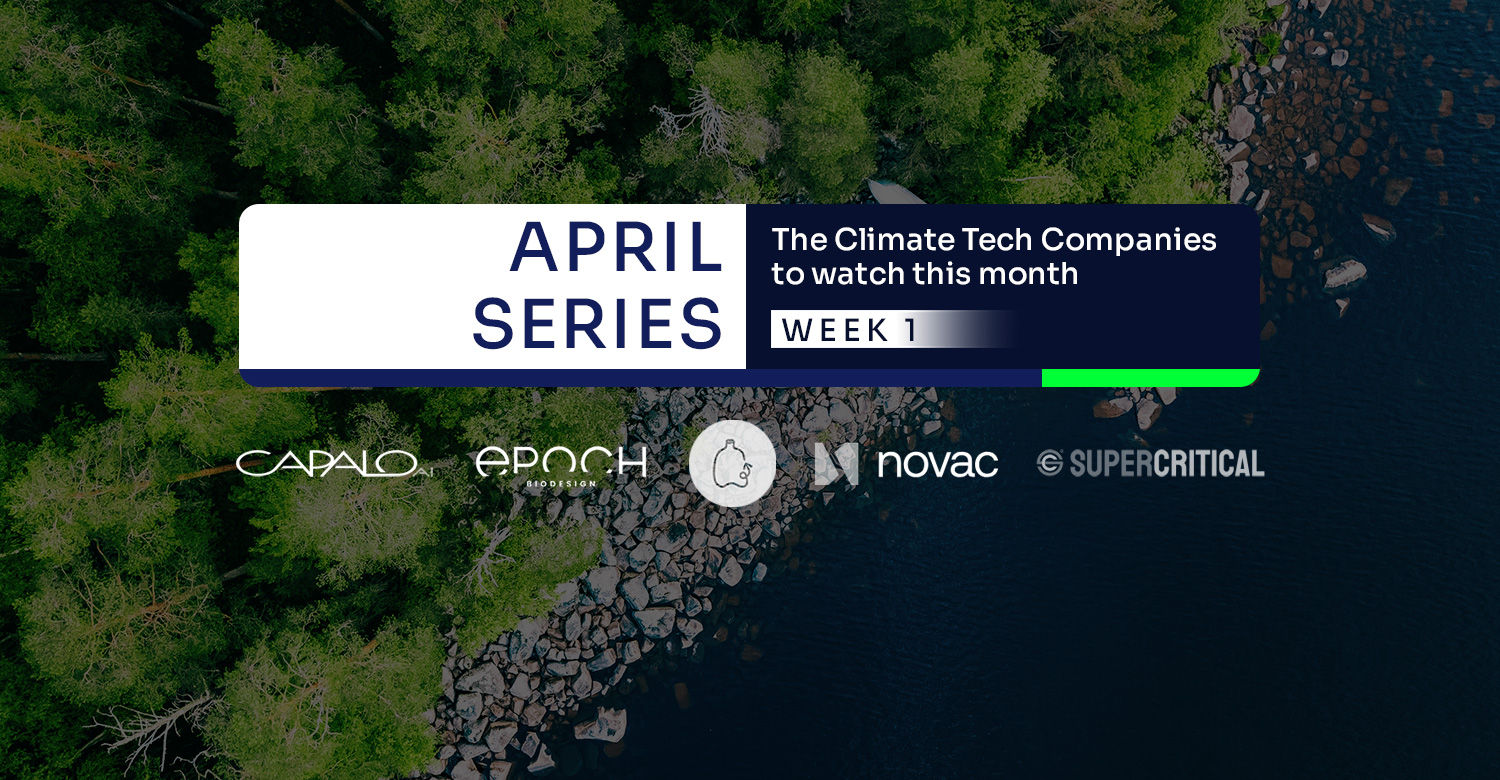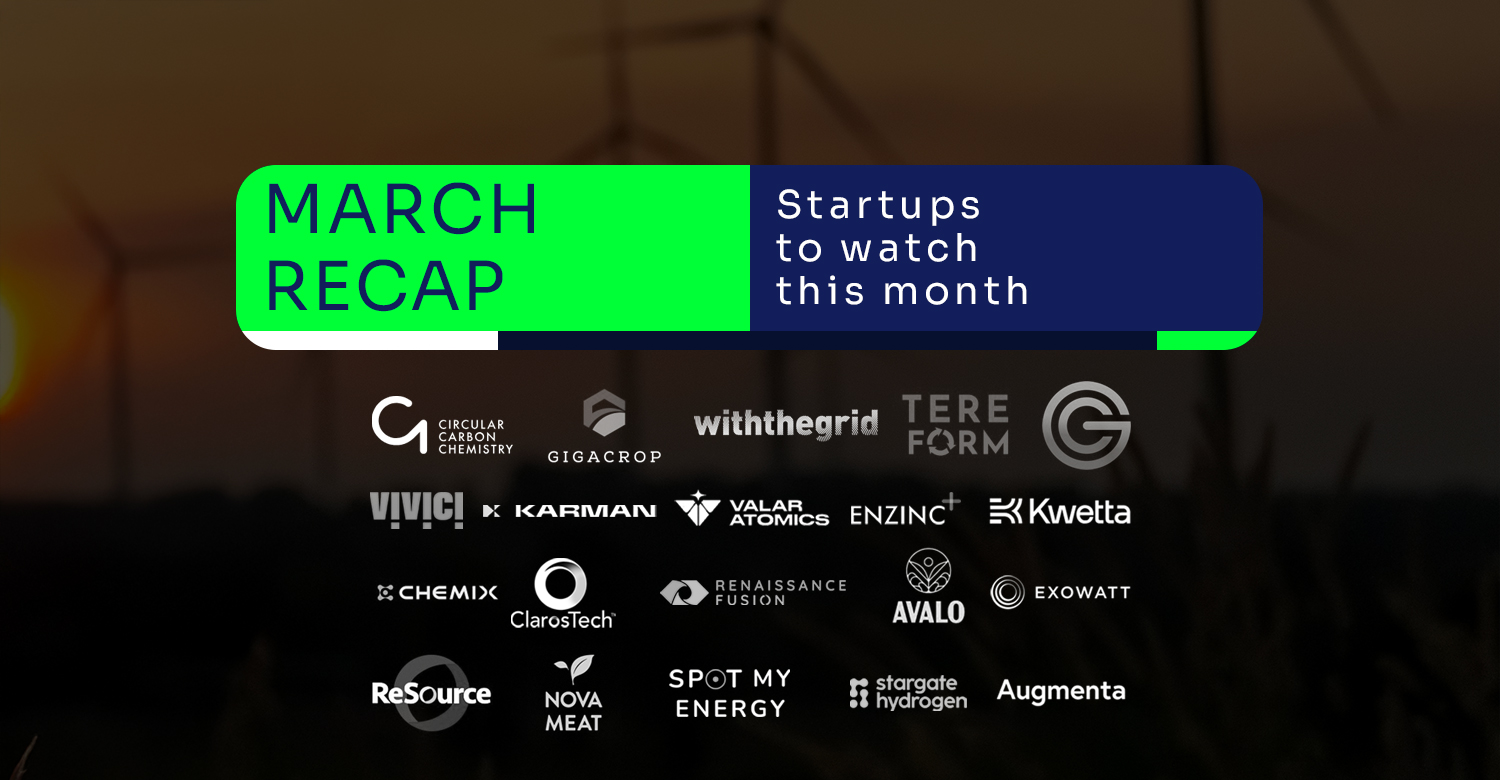February Week 1, 2025: Welcome to our ongoing blog series, where we spotlight the most promising climate tech startups. Each week, we feature five companies and add them to our running list of innovative companies driving solutions across sectors with the highest potential for greenhouse gas (GHG) reductions.
- Energy: How Do We Plug In? This sector represents one of the largest opportunities for GHG reduction. The shift to renewable energy sources, grid modernization, and improved energy storage solutions could reduce emissions by up to 420.60 GT. Startups focusing on grid modernization, energy storage, and decentralized energy solutions are making an impact in transforming how we generate, distribute, and consume electricity.
- Food, Agriculture, and Land Use: How Do We Eat and Grow Things? This sector holds the potential to mitigate between 226.50 and 312.00 GT of emissions. The challenges lie in addressing deforestation, improving soil health, and reducing food waste. Startups promoting regenerative agriculture, plant-based alternatives, and efficient land management practices can play a critical role in transforming food systems and restoring ecosystems.
- Industry: How Do We Build and “Circulate Things”? Industrial processes account for a significant portion of global emissions, with a potential reduction of up to 166.00 GT. The key challenge is decarbonizing heavy industries such as cement, steel, and chemicals. Startups that introduce cleaner production technologies, alternative materials, and carbon capture solutions can reduce emissions while supporting reindustrialization.
- Buildings: How We Live and Adapt? contribute heavily to emissions through energy consumption and construction practices, with potential reductions of up to 88.40 GT. The challenge is transitioning to energy-efficient buildings and sustainable materials while retrofitting existing infrastructure. Startups working on smart building technologies, insulation, and low-carbon materials can drive decarbonization in this sector.
- Transportation: How Do We Move Around? emissions could be reduced by up to 144.30 GT through the adoption of electric vehicles, improved public transit systems, and sustainable logistics. Key challenges include battery technology, charging infrastructure, and transitioning fleets. Startups innovating in mobility solutions, hydrogen fuel cells, and sustainable aviation can accelerate the sector’s decarbonization.
Each month, we add these startups to our running list, which we have categorized based on fuel emission sector data from Project Drawdown.
These sectors are as follows:
Why did we decide to focus on the five specific sectors?
These sectors present immense opportunities for innovation as well as addressing critical challenges related to GHG emissions. By narrowing our focus to these areas, we can better align our mission with impactful solutions and support founders who are driving meaningful change.
By spotlighting these startups, we aim to support founders by providing them with networking and exposure opportunities that can help them scale and finance their solutions.
Do not hesitate to join our collective movement by requesting your membership.
With care,
Guillaume and the SBC TEAM
Transportation
Founded: 2019 – San Francisco, CA, USA
Leadertship: Scott Davidson
Elevator Pitch: Revolv is redefining fleet electrification by offering a seamless, full-service solution that eliminates the cost, complexity, and risk of transitioning to electric vehicles (EVs). By maximizing uptime, reducing operational costs, and enabling zero-emission miles, Revolv allows commercial fleets to embrace an electric future without disruption to their core business.
Problem they solve: Fleet operators face significant barriers when transitioning to electric, including high upfront costs, infrastructure challenges, and operational inefficiencies. The complexity of charging logistics, vehicle procurement, and maintenance makes it difficult for companies to electrify without financial and operational setbacks. Revolv simplifies the process by providing turnkey, hassle-free electrification solutions, ensuring a smooth transition while optimizing performance and cost savings.
Impact: Revolv is accelerating the shift to zero-emission transportation, significantly reducing fleet-related greenhouse gas emissions and dependence on fossil fuels. By making EV adoption effortless, Revolv helps companies decarbonize their operations, improve air quality, and meet sustainability goals, driving real progress in climate-conscious commercial mobility.
Stage: Series A.
Interested in Revolv?
To learn more about their technology or get in touch, see here.
Food, Agriculture & Land Use
Founded: 2018 – Enschede, NL
Founder: Marco Snikkers
Elevator Pitch: OneThird is transforming food waste prevention by enabling retailers to predict shelf life in real-time using AI-driven optical sensors. By scanning fresh produce at distribution centers and stores, OneThird helps businesses optimize inventory, reduce waste, and sell produce at peak freshness, ensuring better food utilization and higher profitability.
Problem they solve: One-third of all food is wasted, with a significant portion occurring before it even reaches consumers due to inefficient inventory management and inaccurate shelf-life predictions. Retailers struggle to determine when produce will spoil, leading to premature disposal and financial losses. OneThird’s solution accurately predicts spoilage timelines, allowing businesses to improve stock rotation and reduce unnecessary waste.
Impact: By helping retailers minimize food waste, OneThird significantly reduces greenhouse gas emissions, conserves water resources, and prevents agricultural inefficiencies. Their technology promotes a more sustainable food system by ensuring produce is consumed rather than discarded, contributing to a circular economy and reducing the environmental footprint of food production.
Stage: Series A.
Interested in One Third?
If you are interested in learning more, see here.
Buildings
Founded: 2018 – Berlin, DE
Founders: Christopher von Gumppenberg
Elevator Pitch: KUGU is a real-time decarbonization platform designed for the real estate sector. By digitizing building technologies and automating essential business processes, KUGU helps real estate companies efficiently and cost-effectively achieve their emissions reduction targets, with a special focus on heat cost billing and heating system optimization.
Problem they solve: The expansion of EV charging and energy storage is often hindered by complex grid connections, high installation costs, and long deployment timelines. Existing solutions are inflexible, expensive, and difficult to scale. Veloce’s FastGrid platform simplifies grid integration, installation, expansion, and operation, making it easier for EV station operators, fleet managers, and utilities to deploy and manage charging infrastructure without overloading the grid.
Impact: KUGU contributes to decarbonizing real estate by optimizing heating systems and reducing energy consumption, leading to significant reductions in CO2 emissions. Their digital solutions enable real-time monitoring and management of emissions, promoting energy efficiency and supporting the transition to low-carbon buildings.
Stage: Series A.
Want to learn more about Kugu?
To learn more about their technology or get in touch see here.
Energy
Founded: 2022 – München, DE
Founders: Maximilian Dekorsy & Henry Keppler
Elevator Pitch: Ecoplanet is an AI-powered energy management platform that helps companies navigate their journey toward energy efficiency and net zero. By combining intelligent energy procurement, regulatory compliance, and AI-driven optimization, Ecoplanet empowers businesses to reduce costs, enhance efficiency, and implement sustainable energy strategies. Their all-in-one platform provides real-time insights and automation to simplify energy management, ensuring compliance with evolving regulations while maximizing financial savings
Problem they solve: Businesses face rising energy costs, complex regulatory requirements, and inefficient energy usage that hinder their ability to transition to sustainable and cost-effective energy solutions. Many companies struggle with manual energy procurement, lack of real-time data visibility, and uncertainty about regulatory compliance. Ecoplanet’s platform eliminates these challenges by offering automated procurement strategies, AI-driven efficiency improvements, and full compliance support, making it easy for companies to optimize their energy usage.
Impact: Ecoplanet enables small and mid-sized businesses (SMBs) to reduce their carbon footprint by identifying and implementing profitable green infrastructure investments, optimizing energy consumption through AI-powered peak shaving, and eliminating inefficiencies in energy procurement. By helping companies transition to renewable energy and reducing emissions, Ecoplanet contributes to the global fight against climate change, supporting a cleaner and more sustainable energy future.
Industry
Founded: 2020 – Neuss, DE
Founder: Florian Kriependorf
Elevator Pitch: ScrapBee is revolutionizing scrap metal recycling with its mobile, on-demand scrap collection service for businesses and private households. With a fully digitalized, transparent, and fair process, ScrapBee ensures that every kilogram of raw material is efficiently sorted, properly disposed of, and reintegrated into the circular economy—all while offering convenience at your doorstep.
Problem they solve: Traditional scrap metal disposal is often inaccessible, inefficient, and wasteful, leading to valuable raw materials being lost or improperly recycled. Many households and businesses struggle to identify, sort, and transport scrap metal to recycling facilities. ScrapBee eliminates these barriers by bringing the scrap yard to you, ensuring responsible disposal while saving time and effort.
Impact: By maximizing the reuse and recycling of metals, ScrapBee reduces waste, conserves natural resources, and cuts down on CO₂ emissions associated with mining and metal production. Their self-learning route optimization system further enhances sustainability by minimizing transportation emissions. ScrapBee is driving the digital transformation of recycling, making metal recovery more accessible, efficient, and eco-friendly.
Stage: Seed.
Interested in Scrapbee?
If you are interested in learning more, see here.
Do you know of other startups we should include in our Startups to Watch Series? Submit to our list!
How do these startups fit in with all the others we have looked at?
Check out our running list of the 400+ climate tech startups to watch we have featured.





